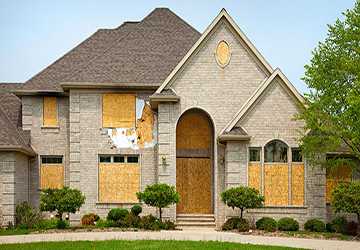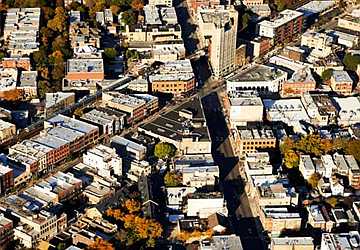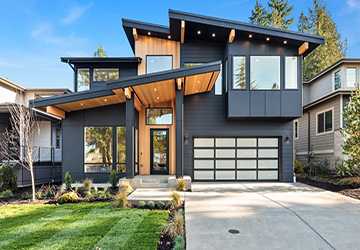The Complete Guide to Buying Foreclosures
Purchasing a foreclosure property can be a great way to get a home at below-market value. However, buying foreclosures takes research and caution. Use this guide to find, evaluate, buy, and renovate foreclosure properties.
Finding Foreclosure Listings
Several resources list foreclosed homes for sale:
● Local newspaper classifieds and real estate publications
● Realtor.com, Zillow.com, and other real estate sites
● Auction.com and Hubzu.com for pre-foreclosure auction properties
● Foreclosure.com and RealtyTrac.com for foreclosure listings
● County courthouse steps for live auctions
Drive through neighborhoods to spot foreclosure signs. Contact banks about possible pre-listings.

Evaluating a Foreclosure Property
Do your due diligence in investigating the property’s risks and potential.
● Research property history: Previous sale prices, length of ownership, liens.
● Inspect the property thoroughly yourself or hire a professional inspector.
● Check for needed repairs: Foundation cracks, roof leaks, water damage, HVAC, plumbing, electric systems.
● Assess neighborhood: Safety, noise, nearby developments, schools, appreciation potential.
● Verify liens and homeowner association fees. Factor these into your costs.
Making an Offer on a Foreclosure
Your foreclosure offer needs to stand out among competing bids.
● Price competitively - Enticing to the seller but still leaves room for repairs.
● Bid all cash - Cash offers are the most substantial. Arrange to finance later.
● Act quickly - Move fast so the bank accepts your bid before more pile in.
● Bid unconditionally - Keep contract terms simple to close quickly.
● Put down earnest money - Show you are serious and committed to buying.
● Cover due diligence fees - Pay for title searches and inspections, so the seller has no costs if the deal falls through.
Financing Your Foreclosure Purchase
Foreclosures require creative financing since banks won’t fund unattractive properties.
● Cash offer, then apply for rehab loan or hard money loan. Draw on the home equity line of credit.
● FHA 203(k) - Finance purchase + renovations.
● Fannie Mae HomeStyle - Renovation mortgage for cosmetic fixes.
● USDA rural housing loans - For rural properties needing updates.
● VA loans - Allow veterans fully eligible to buy and remodel foreclosures.
Closing on a Foreclosure Purchase
Act quickly once your offer is accepted to complete ahead of the competition.
● Choose the title company and insurance provider.
● Obtain homeowners insurance quote for property in its current condition.
● Work quickly with lenders on appraisal and loan approval.
● Schedule inspectors: termite, mold, lead-based paint, as needed.
● Read all closing documents thoroughly and ask questions.
● Bring a certified check for closing costs and down payment.

Renovating Your Foreclosure
Foreclosures often need extensive repairs and renovations.
Repair priorities:
● Structure - Foundation, roof, walls, siding, windows
● Mechanicals - Plumbing, electric, HVAC
● Dry rot and water damage
Cosmetic updates:
● Kitchen - appliances, cabinetry, countertops, backsplash, sinks, faucets
● Bathrooms - vanities, showers, toilets, lighting
● Flooring - refinish hardwood or install new floors
● Paint - inside and out
● Landscaping - Curb appeal matters for resale
Hiring Contractors
Find experienced, licensed contractors suited to each project.
● Get at least three bids for significant work.
● Verify references, licensing, insurance.
● Agree on a detailed scope of work and specifications.
● Discuss timelines and sign a comprehensive contract.
● Hold back final payment until work passes inspection.
Conclusion
Buying a foreclosure takes work, but you can negotiate a great deal and add value through renovations. Research listings thoroughly, act quickly on offers, understand financing, and budget for repairs. With diligence during each step, foreclosures can become profitable investment properties.





